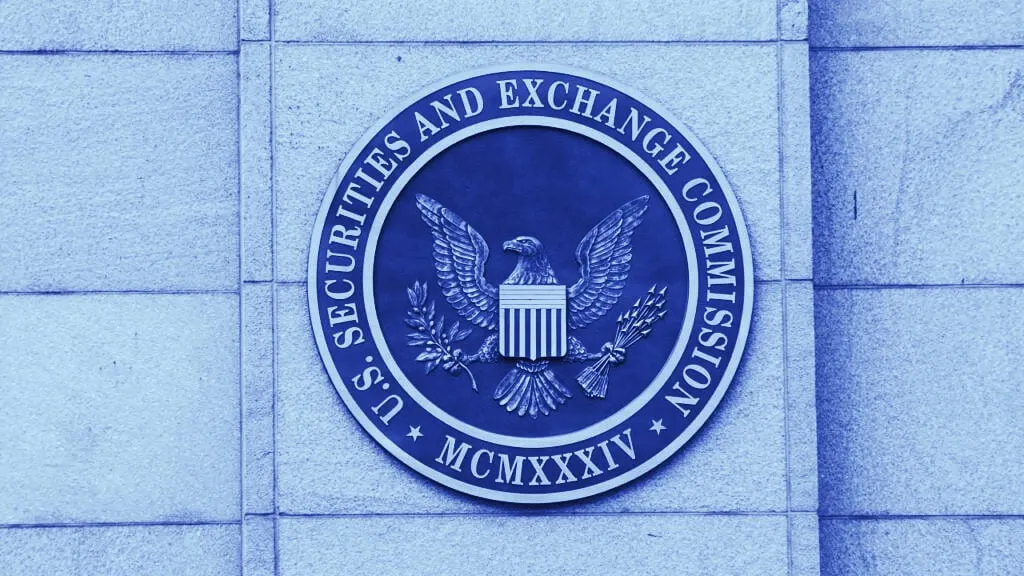The Securities and Exchange Commission (SEC) announced today that it has settled charges against Dallas-based crypto firm Bitqyck Inc. and its founders.
The company had previously been charged with defrauding its investors through two alleged securities offerings—Bitqy and BitqyM. The firm was also charged with running an unlicensed exchange for trading and selling Bitqy tokens.
The SEC also alleged that the company’s founders, Bruce Bise and Sam Mendez, sold these unregistered securities to more than 13,000 potential investors with the understanding that customers would earn a small piece of the enterprise’s mining operations. Bitqyck raised more than $13 million in the process, according to the SEC’s complaint.
While customers wound up making a combined total of roughly $4.5 million for referring additional traders to the company’s offerings, they wound up losing more than two-thirds of their total invested wealth, according to the SEC. While neither admiting nor denying the charges (as usual), the owners of Bitqyck have agreed to forfeit more than $8 million in the form of disgorgement, prejudgment interest and civil penalties. Bise and Mendez must each also pay fines of nearly $900,000 to the SEC.
“We allege that the defendants took advantage of investors’ appetite for these investments and fraudulently raised millions of dollars by lying about their business,” David Peavler, director of the SEC’s Fort Worth regional office, explained in a statement.
For the last two years, the SEC has sought to take what it deems to be necessary actions against crypto ventures that have allegedly violated federal securities laws through unregistered ICOs—such as Paragon Coin, Airfox, and Gladius Network—or the illegal exchange of tokens sold in ICOs, such as EtherDelta.
Like Bitqyck, each of these companies agreed to settle their charges with the SEC without admitting or denying any wrongdoing. Others, however, such as Blockvest and Kik, are challenging the SEC’s position on ICOs and their associated tokens in court.
The SEC, meanwhile, continues to warn retail investors of the alleged legal risks involved with these sorts of ventures. Said Peavler: “Because digital investment assets represent a new and exciting technology, they can be very alluring, especially if investors believe they are getting in on the ground floor and will own part of the operations.”

